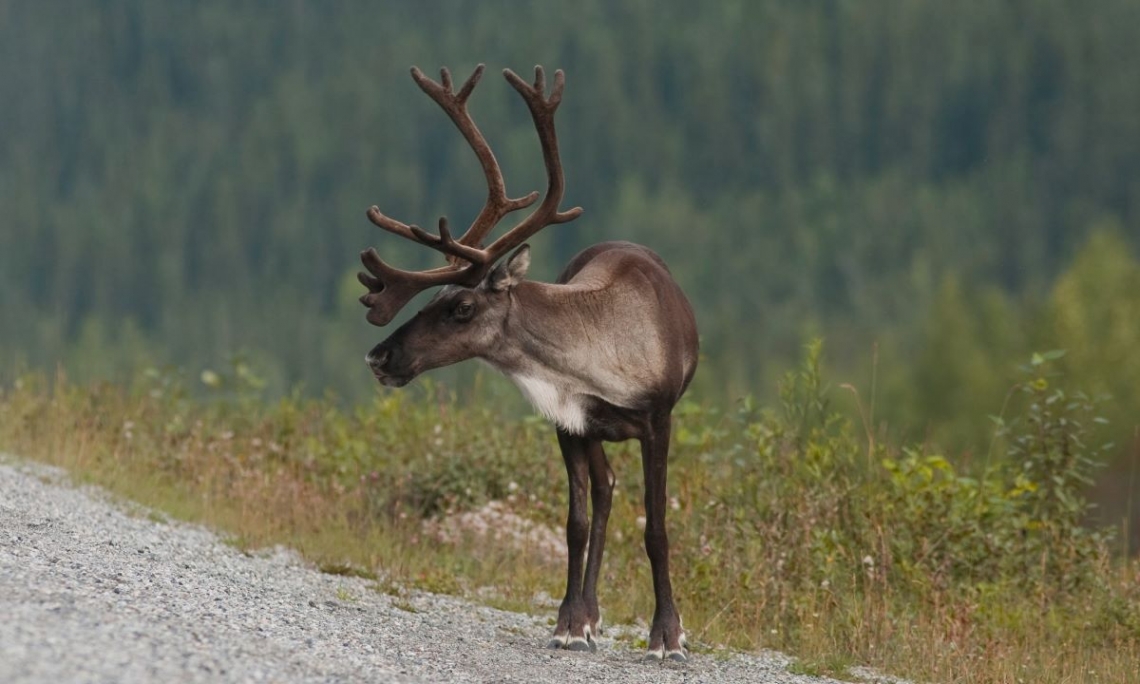Community-Driven Values for Woodland Caribou Protection in North-Central Saskatchewan


Project Description:
Due to sharply decreasing populations, boreal woodland caribou are an animal of concern for Canadian and Indigenous peoples. In north-central Saskatchewan, Indigenous and non-Indigenous governments, researchers, policy makers, land users, communities, and industry have faced multiple challenges working together to support caribou populations. Some of these challenges are due to cultural differences in ways of knowing and understanding the natural world in general, and wildlife in particular. The language of ethics and values may provide a working platform for intercultural conversations about wildlife conservation. Using multispecies ethnography, participatory community-based research, and visual methodologies, this dissertation study documents the ethical teachings and values that structure how Woodland Cree, Métis, and Euro-Canadian more-than-human communities in and around La Ronge, Saskatchewan engage with woodland caribou and conservation strategies. Four key themes have emerged from these community teachings and values as important to woodland caribou protection:
These themes are employed in an ethical framework, which will be used to recommend a practical means of partnering with both Indigenous and Euro-Canadian ways of knowing in Saskatchewan.
Project Outcomes or Intended Outcomes:
Results of this dissertation study are anticipated to build on previous research that has begun to document Indigenous ethics and values about woodland caribou in Saskatchewan and across Canada, and add to ongoing cross-cultural management efforts in Saskatchewan to address the ethical challenges of woodland caribou conservation together.
Immediate outcomes include:
Long-term outcomes will include: